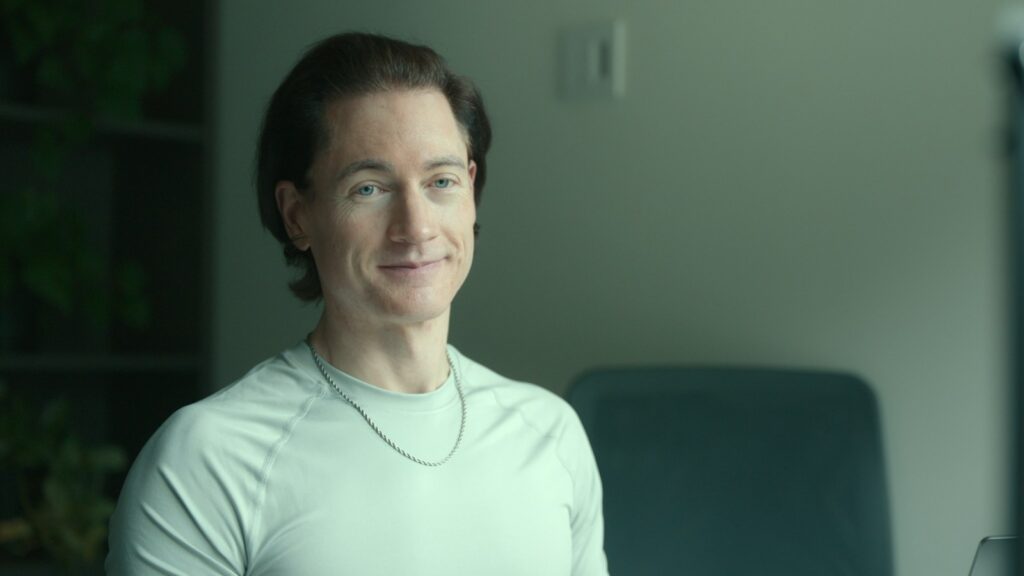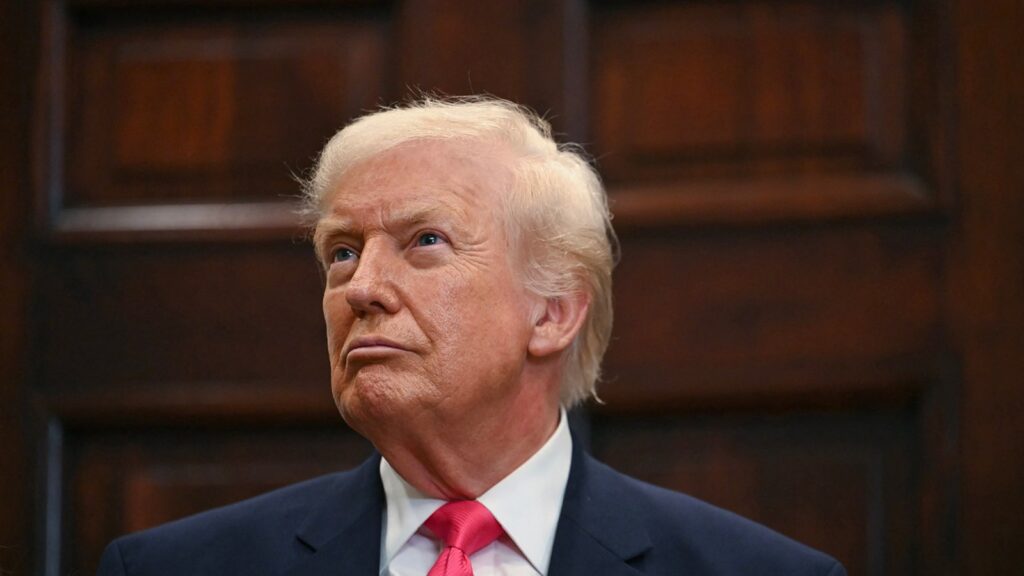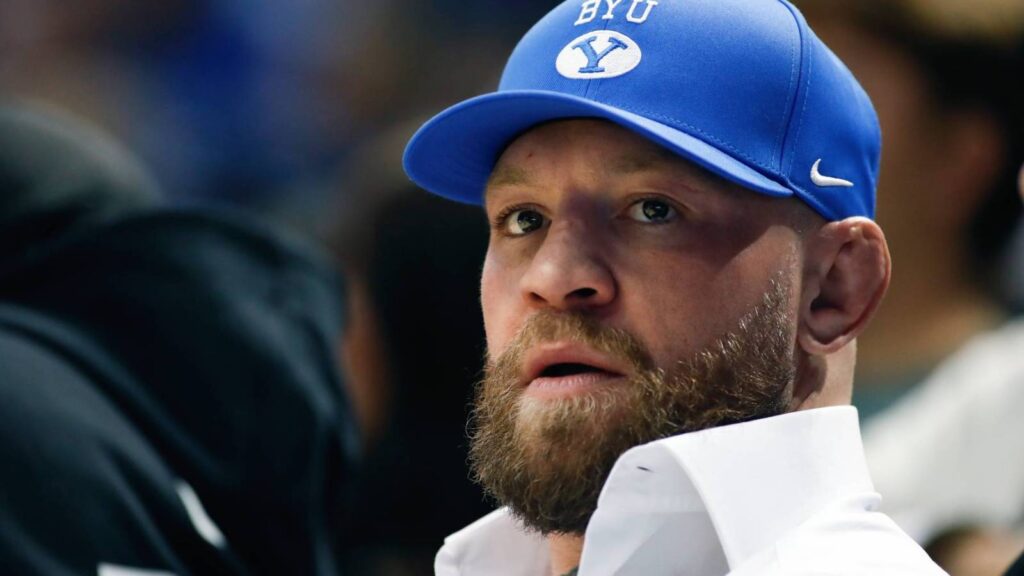Who Is the Aging-Obsessed Tech Millionaire Behind Netflix’s ‘Don’t Die’?
There’s currently no magic routine that will make humans live forever. But for tech millionaire Bryan Johnson, the quest to live longer lies in a routine of pills, shots, blood draws, and experimental therapy regimes he says are rewinding his biological clock. And in Netflix’s new documentary Don’t Die: The Man Who Wants To Live Forever, released Jan. 1, filmmakers bring viewers behind the scenes to discover how much work and cash trying to live forever actually takes. It’s a fascinating attempt to peel back the psyche of a man who is obsessed with aging, and one who ends up arguing that even with his quirks, Johnson might be building something meaningful to people. But he’s also very, very strange.
“Blueprint may seem like it’s about diet, sleep, and health. It’s not. It’s about figuring out how we survive as a species,” Johnson told Rolling Stone in September 2023. “I’m a collection of 35 trillion cells. And before Blueprint, I had a wide variety of goals. There was Morning Me, Evening Me, Ambition Me, Dad Me, they all wanted different things at different times — I had conflicting outcomes. And I just ran this experiment to say, could I effectively align my 35 trillion cells to a single objective?”
Director Chris Smith is known for the controversial stars of his documentaries, which include Tiger King, Fyre, and Bad Vegan. In Don’t Die, which takes its title from Blueprint’s slogan, Smith shows the evolution of Johnson from an average Mormon teen to a venture capitalist who lets artificial intelligence run his health — and encourages others to do the same. Johnson was raised in the Church of Latter-Day Saints, a faith he held into adulthood. He joined the tech industry after college, but his most successful creation was Braintree, an e-commerce payment company founded in 2007 right before online shopping became the consumer norm. In 2012, the company purchased Venmo and continued to grow before it was acquired by PayPal for $800 million, according to Time.
In Don’t Die, Johnson describes being successful on paper but feeling both physically ill and incredibly depressed, a condition that led him to both leave the church and get a divorce. While his ex-wife and two of his children are still Mormon and don’t speak to Johnson, according to the documentary, his son Talmage, 18, left the church when he was a junior in high school and moved to California to live with his father. Talmage also follows the Blueprint path, even though he’s currently in college.
Now, according to Johnson, he spends upwards of $2 million per year on the anti-aging regimen. But he also believes that the protocols he develops will be helpful for those trying and failing to navigate the healthcare system and develop their own ways of staying young. But what does that mean for Johnson’s daily life — and could this million-dollar medical playground actually translate into scientific advancements for the rest of us?
“[There’s] probably over a hundred different things I do on any given day that the body has asked for to be in its ideal state,” Johnson says in the documentary. “By doing Blueprint, one of the key objectives is to achieve the lowest possible biological age.”
This involves a strict routine including over 100 supplements and pills a day, daily medical scans, blood draws, a rigorous and restrictive diet of superfoods, an exercise regimen, and several varying experimental medical procedures like plasma donation from his teen son, penis shockwave therapy, and gene therapy.
In addition to following Johnson’s medical treatment, Don’t Die compiles interviews with journalists, researchers, and doctors in the longevity field, all of whom have varying opinions about the efficacy of Johnson’s mission. Some think he’s a crook, using the path to shill health kits and $75 sets of olive oil. Others believe he’s bringing about the future, one jab at a time. And even more, find themselves caught firmly in the middle, interested in Johnson’s process but sure that Blueprint’s operating budget could be used to fund more legitimate studies, with more discernible data. But while Johnson notes in the documentary that he has critics, he still believes his algorithm led health plan is a true revolution, one that will happen by trying to build an entirely new framework for living longer. That plan starts by sharing his message with as many people as possible. And what bigger place to spread the word than by participating in a Netflix documentary?
“In its most extreme form, I’m suggesting it does not matter what the human mind says at this point in time,” Johnson told Rolling Stone. “I basically agreed to this algorithm that my body runs itself. My mind observes — my mind no longer decides. And this is not a Bryan Johnson preference, not a Bryan Johnson style. This is the inevitability of overall technology.”





